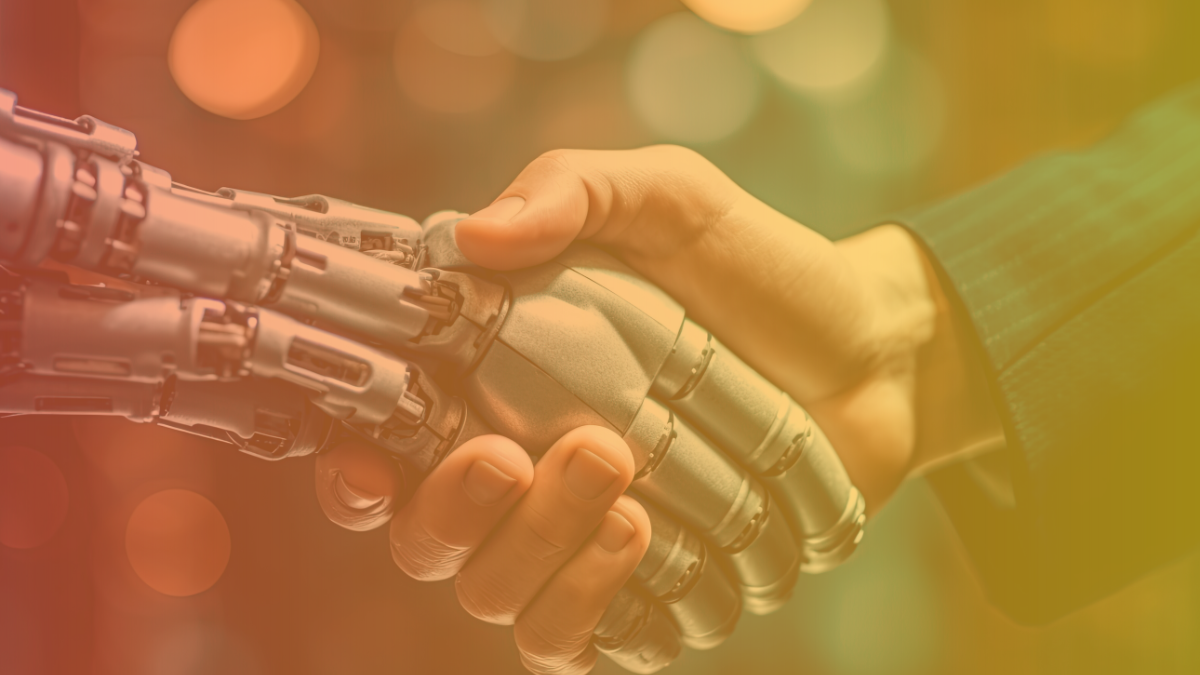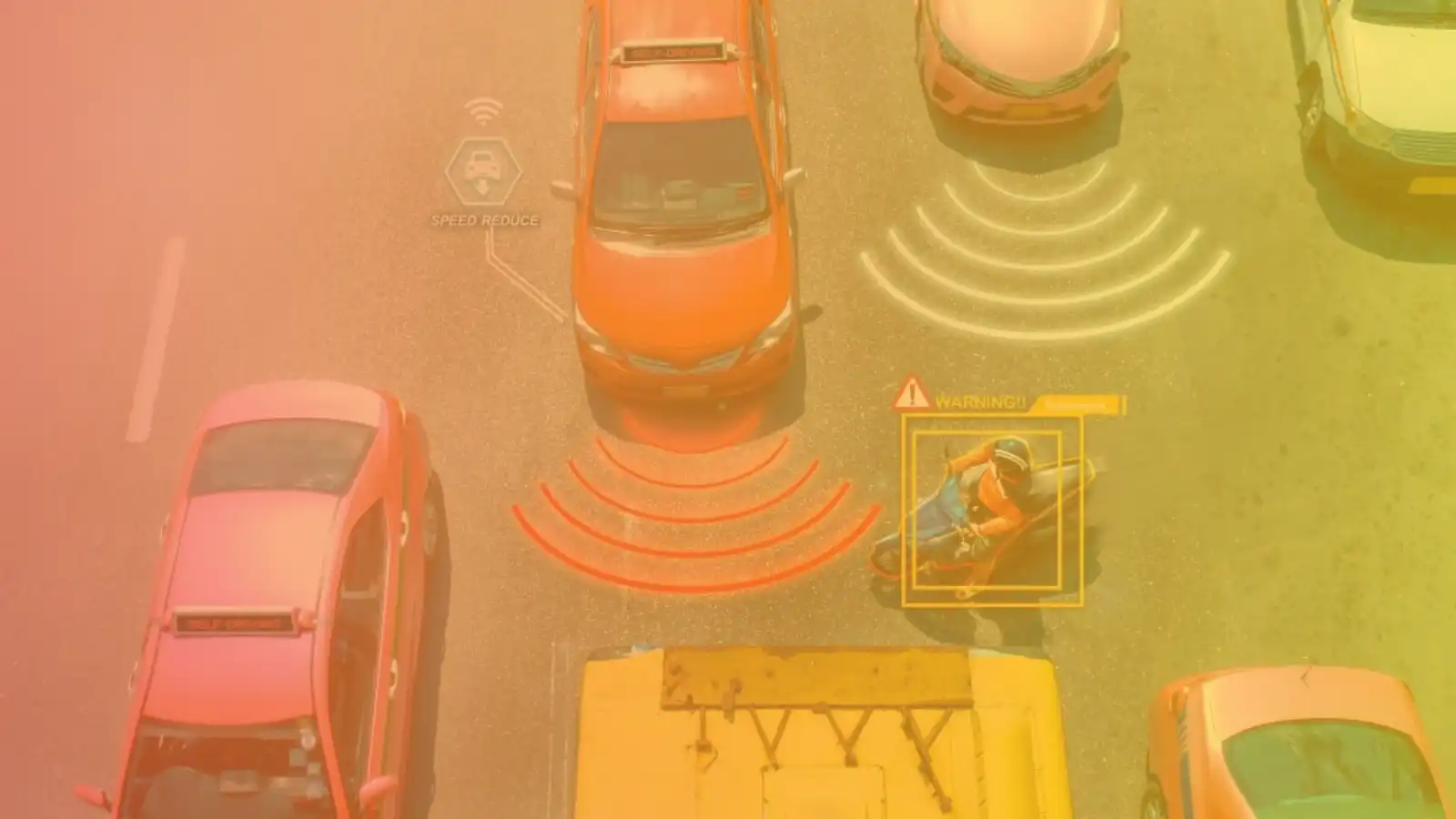Spotify, with its legacy of crafting personalized music experiences, has consistently set benchmarks in the music streaming realm. From fan-loved playlists like Discover Weekly to the much-anticipated annual Wrapped campaign, the platform has been the gold standard for curating music moments that resonate on an individual level.
Building on this legacy, Spotify recently unveiled its next-gen innovation: the AI DJ feature. This groundbreaking addition, currently in beta, offers users a tailored selection of tracks enriched with AI-generated commentary that delves deep into the nuances of artists and songs, all presented in an incredibly lifelike voice.
The Inner Workings of the AI DJ
To bring the DJ to life, Spotify redefined the listening paradigm beyond a playlist generator—it’s an AI that’s intimately acquainted with your musical inclinations. It knows the latest tracks you’d adore and remembers the anthems you’ve cherished. This unprecedented level of personalization is made possible through
- Spotify’s Personalization Tech: Our AI draws from your history, offering a rich tapestry of music recommendations.
- Generative AI via OpenAI: Our music editors, the unsung heroes deeply entrenched in various music genres and cultures, leverage this technology. Their profound knowledge, when combined with GenAI, scales to offer insights about tracks, artists, or genres in ways we’ve never seen before.
- Realistic AI Voice from Sonantic: Our acquisition of Sonantic birthed a platform that translates text to realistic voices.
In conclusion, the DJ is not just another feature—it’s a testament to Spotify’s relentless pursuit of pushing boundaries in music and technology. As we embark on this GenAI journey, we invite our users to join us, to experience music in a way they’ve never done before. The future is here, and it sounds fantastic.
However, the advent of Generative AI in the music industry isn’t without its challenges.
The Risk of GenAI Music
As the digital landscape rapidly evolves, Spotify navigates the choppy waters of AI-generated content. Recent reports highlight Spotify’s decision to pull thousands of tracks after Universal Music raised concerns over suspicious streaming activity.
The fear? Bots artificially boost listener figures, affecting royalty payments’ genuine distribution. As Spotify pays royalties on a per-listen basis, ensuring the integrity of these numbers is crucial. Addressing these concerns, Spotify confirmed the removal of some tracks, emphasizing their commitment to combatting stream manipulation to ensure honest artists get their due.
The challenges posed by AI-generated music were further highlighted when a song, seemingly featuring vocals from renowned artists Drake and The Weeknd, went viral. Universal Music Group flagged this as a potential violation of copyright law, leading to its removal from major streaming platforms.
In closing, as Spotify forges ahead in its GenAI journey, it’s evident that the intersection of AI, music, and business presents vast opportunities and intricate challenges. While AI DJs and personalized streams promise a new era of musical experience, the broader integration of AI-generated content in the industry necessitates careful navigation and ethical considerations. As always, Spotify remains at the epicenter of these transformations, leading the charge into the future of music.



